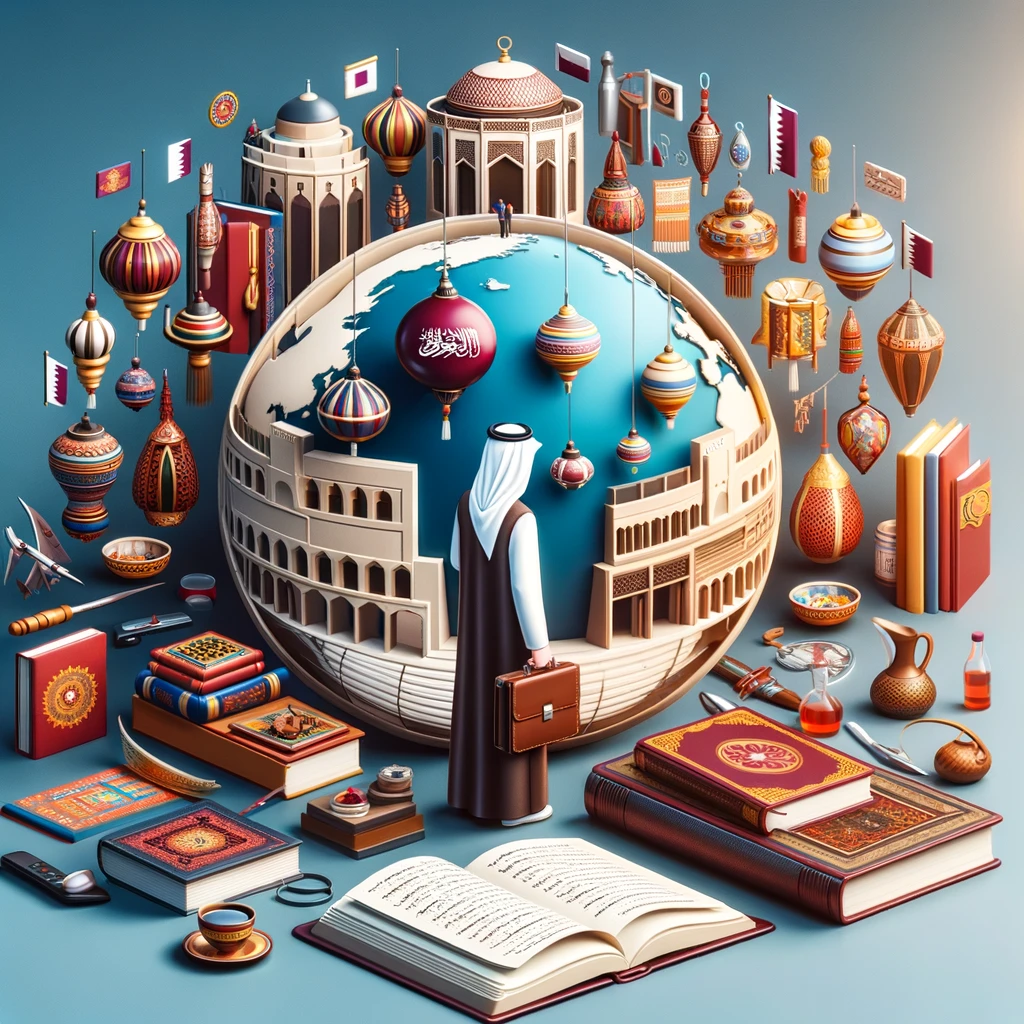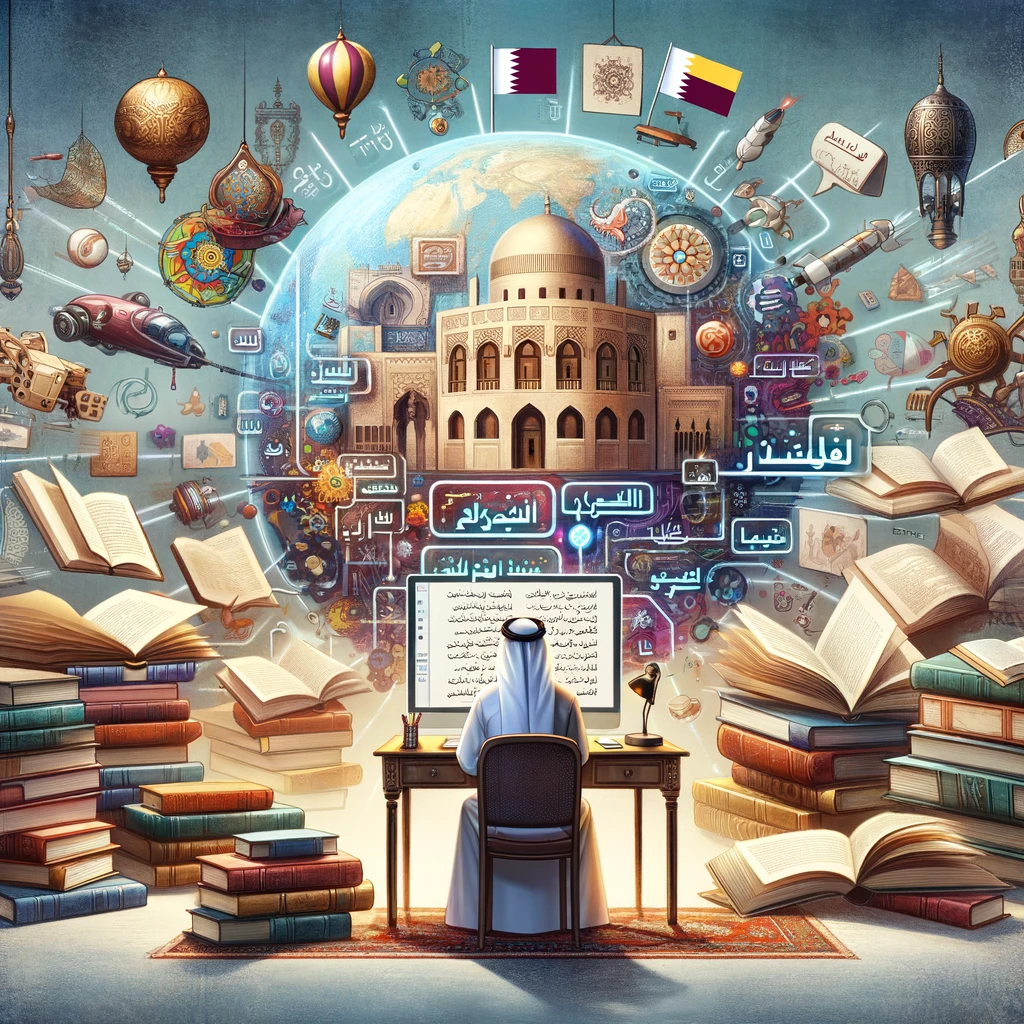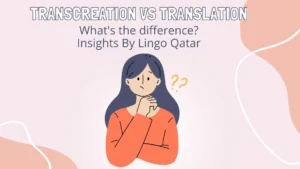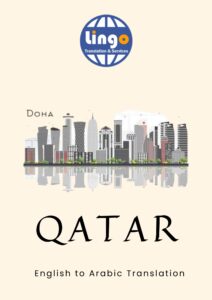Creatures of Habit? What Translators Usually Do with Words
In the intricate dance of language translation, professionals skillfully weave through the nuances of words, ensuring that every phrase, every sentence, and every paragraph transcends linguistic boundaries without losing its essence. This process, often unseen and underestimated, involves much more than simply swapping words from one language to another. It’s an art, a science, and a testament to human connection. In this exploration, we delve into the habitual practices of translators and how these routines contribute to the complex yet fascinating world of translation, with a particular focus on services in Qatar and the role of translation offices in bridging cultures.

The Rituals of Translation
Translators, by nature, are creatures of habit. Their routines, developed through years of practice and experience, enable them to navigate the vast sea of languages with precision and care. Here are some common practices that translators engage in:
1. Immersion in Context
Before diving into the translation process, professionals immerse themselves in the context surrounding the text. This involves understanding the cultural nuances, the purpose of the document, and the target audience. For instance, a translation office in Qatar might specialize in localizing content for the Middle Eastern market, ensuring that translations are culturally relevant and appropriate.
2. Research and Reference
Translators frequently consult dictionaries, online forums, and specialized databases to find the most accurate terms and phrases. This research is especially crucial in fields like legal, medical, or technical translation, where precision is paramount. Language translation is not just about fluency in languages but also expertise in specific domains.

3. Drafting and Revising
The translation process often involves creating multiple drafts. The initial translation is just the beginning, followed by revisions to refine the text, enhance readability, and ensure that the translation feels as natural and effective as the original. This iterative process helps in producing high-quality translations that resonate with the target audience.
4. Quality Control
For translation services, especially those provided by translation offices in Qatar, quality control is a critical step. This might involve peer reviews, where other translators check the work for accuracy, or using software tools to ensure consistency across large projects. Quality control ensures that translations meet the high standards expected by clients in various sectors.
The Impact of Translation in Qatar
In a global hub like Qatar, translation plays a pivotal role in communication, business, and cultural exchange. With its booming economy, hosting of international events, and diverse population, the demand for professional language translation services is at an all-time high. Translation offices in Qatar are not just linguistic service providers; they are bridges connecting Qatar with the rest of the world.
Supporting Business and Innovation
For businesses operating in Qatar, translation services enable them to reach a broader audience, comply with local regulations, and engage with the local community. Whether it’s translating marketing materials, legal documents, or technical manuals, the precision and cultural sensitivity of the translation can significantly impact the business’s success in a new market.
Enhancing Cultural Exchange
Translation also plays a crucial role in cultural exchange, allowing for the sharing of literature, art, and history between cultures. Through the work of translators, Qatar’s rich cultural heritage can be shared with the world, and likewise, the people in Qatar can experience global cultures.

Facilitating Communication
In a multicultural country like Qatar, where multiple languages coexist, translation services
ensure that communication barriers are overcome, whether in healthcare, education, or public services. This fosters a more inclusive and connected society.
The Future of Translation in Qatar
As Qatar continues to grow as a global hub, the role of translation and translation offices will only become more integral. The evolution of technology, including machine translation and AI, offers exciting possibilities for enhancing translation efficiency and accuracy. However, the human touch remains irreplaceable, especially when it comes to understanding cultural nuances and conveying the subtleties of language





